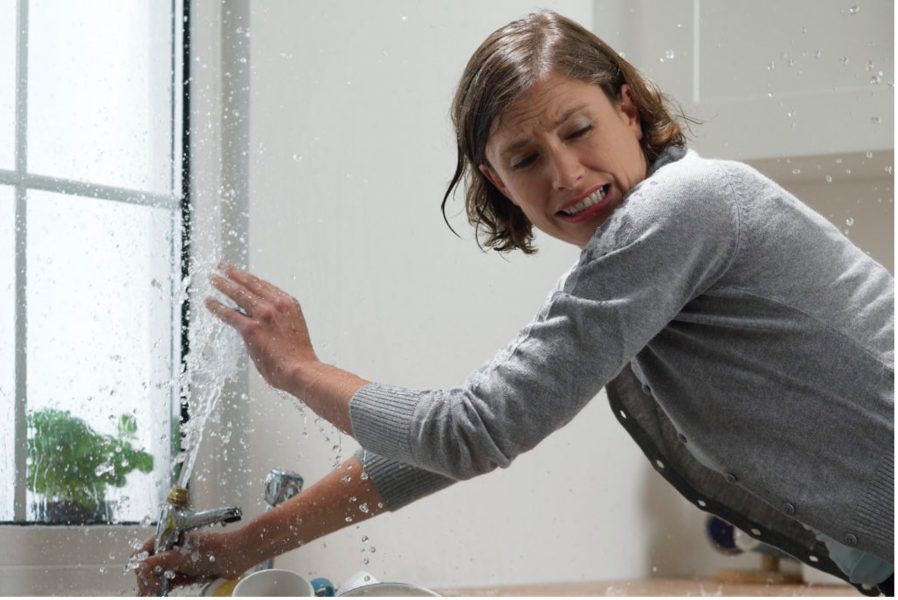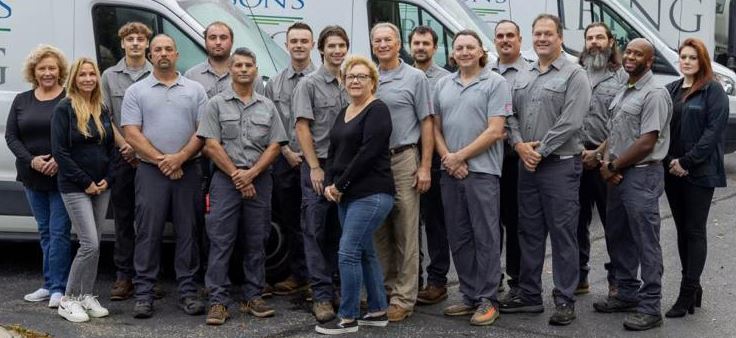
Homeowners never want to deal with a plumbing emergency. Unfortunately, these situations can happen when you least expect it. While you can’t always prevent plumbing problems, there are steps you can take to minimize the risk of an emergency.
Here are three important tips for avoiding plumbing emergencies:
- Locate and understand how to use the main water shut-off valve.
- Check for any wear and tear in your plumbing.
- Be cautious of what you flush down the drain.
By following these tips, you can help minimize the risk of a plumbing emergency. However, if you do find yourself in a situation, it’s important to know what to do. In the next section, we will provide some tips on how to deal with a plumbing emergency.
- Locate Your Main Water Shut-Off Valve
In the event of a leak or burst pipe, it’s important to know where your main water shut-off valve is located. This way, you can quickly turn off the water to minimize the damage. If you don’t know where your shut-off valve is, take a few minutes to locate it now. If you have a basement, it’s likely located near the water heater or near the main water line coming into your home. If you don’t have a basement, it may be in your utility closet or near your water meter. Turn it off if you know where it is. While most shut-off valves operate with a simple handle, some may require a wrench. It’s a good idea to keep a wrench near the valve in case you need to turn it off quickly.
- Inspect Your Plumbing Regularly
If you want to avoid a plumbing emergency, it’s important to inspect your plumbing regularly for signs of wear and tear. This is especially true if you have an older home with pipes that are more likely to leak. It’s a good idea to inspect your pipes and fixtures at least once a year. If you notice any signs of leaks, such as water stains on the ceiling or walls, you should call a plumber right away to have the problem fixed.
- Be Cautious of What You Flush Down the Drain
One of the main causes of plumbing emergencies is clogged drains. To avoid this problem, you should be careful what you flush down the drain. Only flush human toilet paper down the toilet. Flushing anything else, such as feminine products, paper towels, or flushable wipes, can cause a clog. In the kitchen, you should avoid pouring grease or oil down the drain. These items can harden and clog the drain. Instead, pour the grease or oil into a can and dispose of it in the trash. These simple tips can help you prevent plumbing emergencies. However, if you do find yourself in a situation, it’s important to know what to do.
